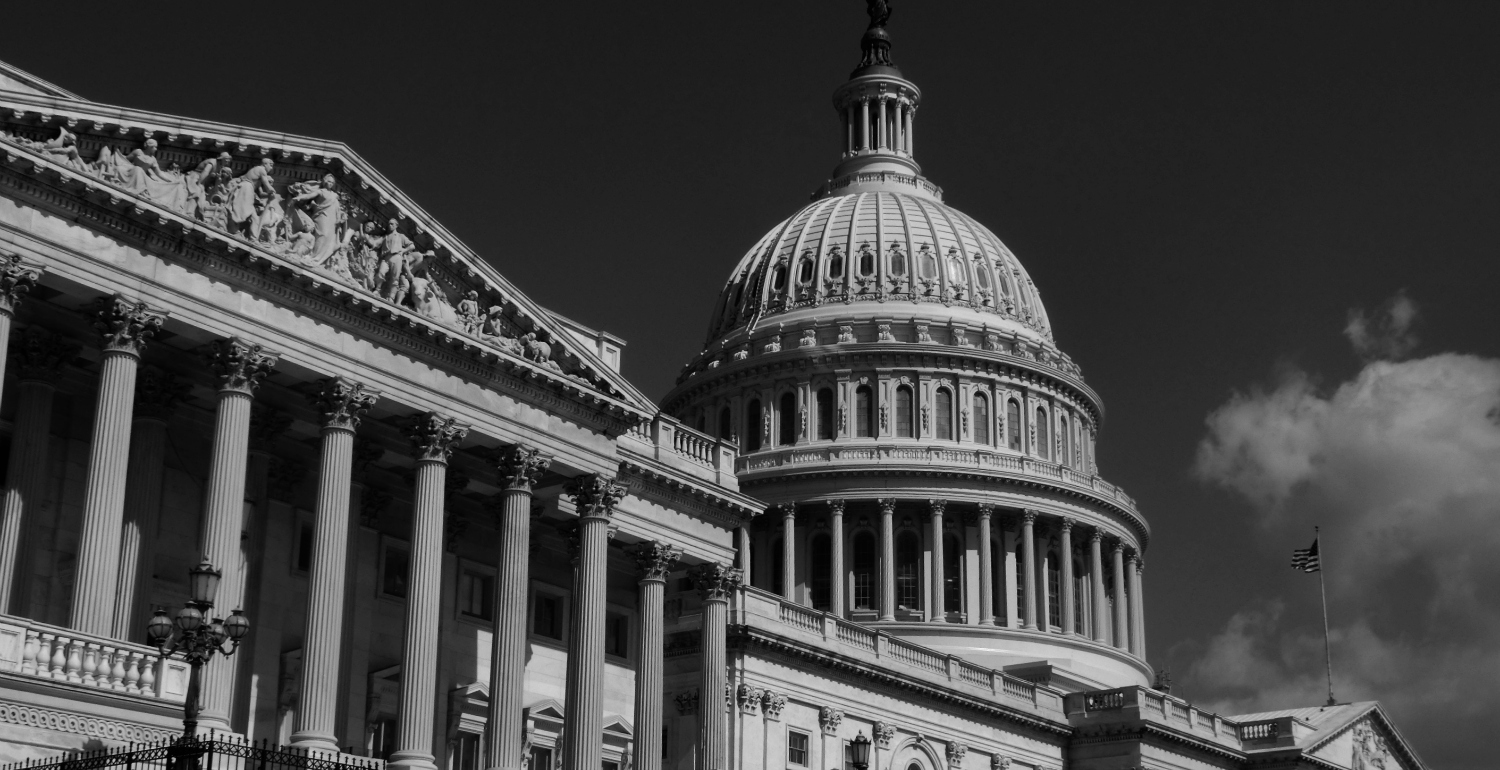WASHINGTON—U.S. Helsinki Commission Chairman Senator Roger Wicker (MS), Co-Chairman Representative Joe Wilson (SC-02), Ranking Member Senator Sheldon Whitehouse (RI), Ranking Member Representative Steve Cohen (TN-09), Commissioner Representative Marc Veasey (TX-33), and Senator John Cornyn (TX) today expressed their concern about Georgian Dream’s decision to award the rights to develop the Anaklia deep-water port to a Chinese conglomerate, which includes firms sanctioned by the United States. Development and control of the Anaklia port will have far-reaching implications for both China’s ability to continue its campaign of economic coercion in the Black Sea region and Georgia’s future as an independent, democratic state. This deal is set to be finalized in mid-April.
“We are troubled by reports of Georgian Dream’s decision to surrender control of its Anaklia deep-sea port to a CCP-backed, US-sanctioned conglomerate. Developers involved in this deal, including the China Communications Construction Company, have a history of using infrastructure development projects to exploit and destabilize their host countries and deepen those countries’ dependence on China. China’s growing presence in the Black Sea, in collaboration with Russia, makes the region less safe and restricts free trade and commerce. By going forward with this deal, Georgian Dream would be further endangering their country’s democratic trajectory and ability to determine its own economic future. We urge Georgian Dream to reconsider this decision and evaluate bids to develop its critical infrastructure fairly and transparently.”
Background:
Last year, Georgia’s government awarded the development of the Anaklia deep-water port to a Chinese conglomerate in a bidding process that lacked transparency and accountability. This decision came as Georgia’s ruling party takes steps to align the country with authoritarian regimes in Russia, China, and Iran, despite the Georgian people’s overwhelming support for closer ties with the West.
The national security implications of this decision for Georgia are serious. Investment in critical infrastructure projects should serve to strengthen Georgia’s economic security, not expose it to undue foreign influence. If the Anaklia port is developed under Chinese control, Georgia would be ceding a strategic asset to a government that does not share its democratic values or goal of joining the transatlantic security architecture, putting Georgia’s long-term security at risk.
###










